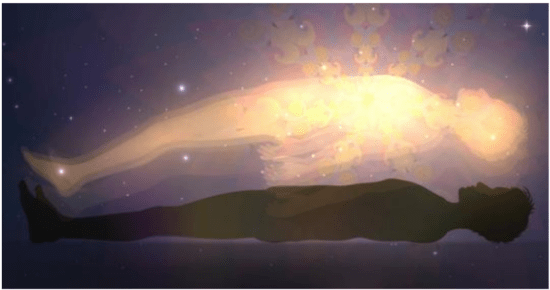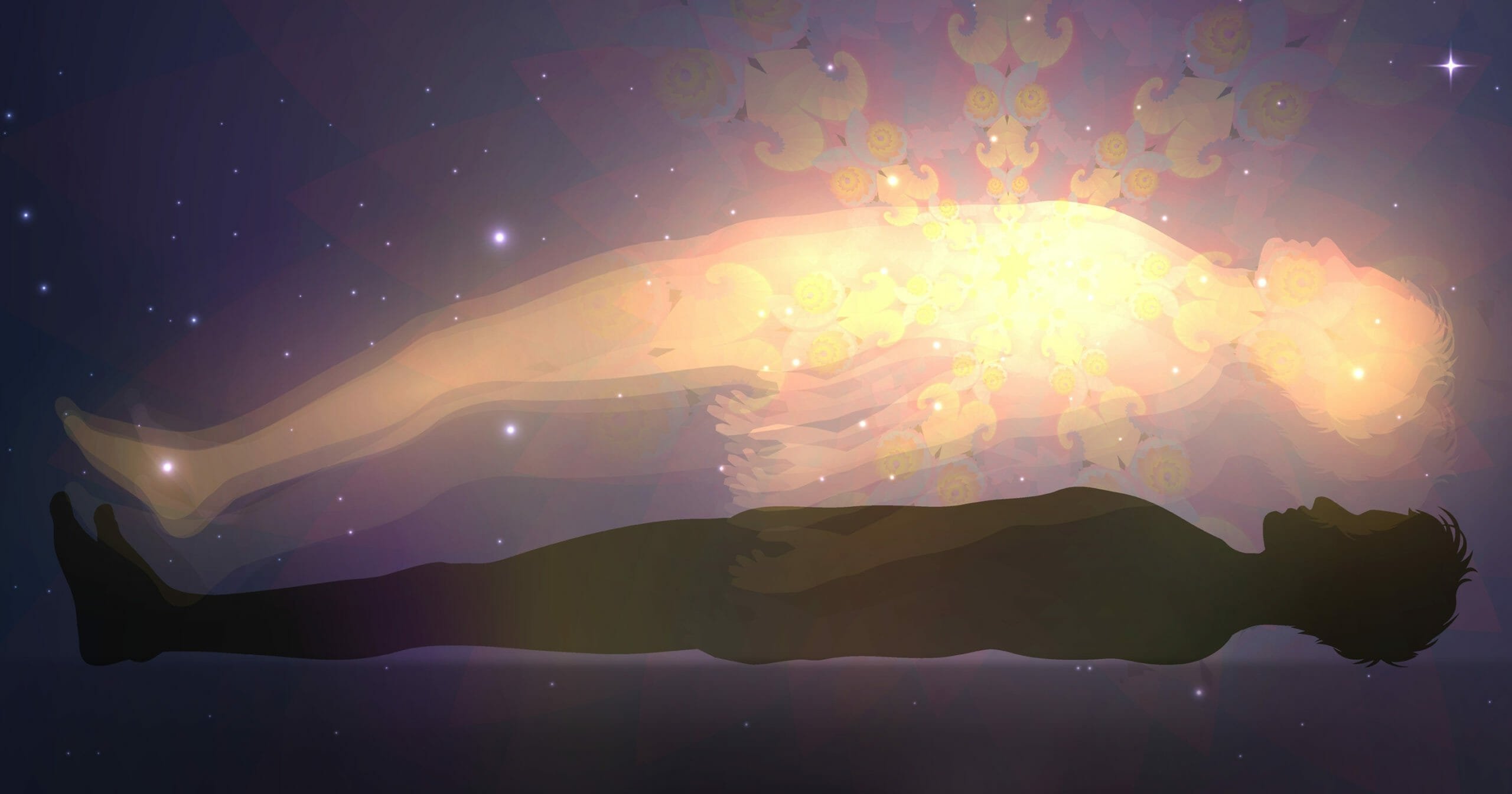
Sooner or later, everyone loses someone close to them – it’s unfortunately, a part of life.
However, the passing of specific loved ones can affect us more than we ever envisioned. For example, have you ever had a person no longer alive appear in your dreams?
The meaning behind them appearing in your dreams could be something you never thought of…

Losing a loved one is very hard, and how you process the grief is up to each person. Some shed many tears, while many become silent and go retreat into themselves.
Others try to avoid the subject or behave outwardly without reaction. But there is one behavior many have in common – having dreams of the loved ones who have passed away. When it comes to what we dream at night, our subconscious is in charge, and if you’ve ever dreamed of a deceased person, it may have meaning.
So, can dreams carry messages from loved ones who have died?
According to Patrick McNamara, associate Professor of neurology and psychiatry at the Boston University School, there is a particular term for dreams about dead people – visitation dreams. It means that the deceased person is visiting you in your dream, or as McNamara explains it: “dreams of the bereaved where the dead appear to the bereaved in dreams and look to be very much alive.”

The 67-year-old neuroscientist is an active blogger at Psychology Today, under his alias, Dream Catcher. Over the years, McNamara has often shared his thoughts and findings about dreams and their meaning. And visitation dreams usually have a logical explanation, according to him.
They help you cope with your grief, loss, and sorrow.
In one of his blog posts, he talks about a dream he had when his parents passed away. The dream was a so-called visitation dream, and after that, McNamara began to argue that these dreams were a sign of life after death.
“Now if I, an individual who studied dreams with a skeptical scientific cast of mind, could not shake the conviction that I had just communicated with my dead parents, how much stronger must be the conviction of someone with a less skeptical approach to dreams than me?,” McNamara writes.

Patrick McNamara isn’t the only one who is interested in these dreams, and there have been several studies that dig deeper into this phenomenon.
In 2014, the American Journal of Hospice and Palliative Care published a study that examined the impact of grief dreams. The study found that “dreams of the deceased occur frequently, can be highly meaningful and further healing from a loss.”
Themes in the dreams included “past memories or experiences, the deceased free of illness, memories of the deceased’s illness or time of death, the deceased in the afterlife appearing healthy, comfortable and at peace as well as the deceased communicating a message.”
In 2016, a team of Canadian researchers did an analysis of dreams from 76 bereaved middle-aged individuals. According to the study, 67.1% of the bereaved sample said that their dreams of the deceased helped them believe more in an afterlife. Around 70% characterized their dreams of the deceased as “visitations,” and 71% revealed that dreams of the deceased helped them feel more connected with the deceased.

Psychologist Jennifer E. Shorter from the Institute of Transpersonal Psychology in Palo Alto, CA, has also done research on our brains and what we dream.
In her study called “Visitation Dreams in Grieving Individuals: A Phenomenological Inquiry into the Relationship Between Dreams and the Grieving,” she writes that it’s unknown how many people are experiencing visitation dreams.
But it can happen close to or long after a person has died. In her research, she has concluded that four factors characterize a visitation dream:
1. The people in your visitation dream look like they did when they were alive, although often healthier or younger.
2. The deceased often says something about how they are now, for example, that they are fine.
3. The message in the dream is experienced more telepathically than in the form of physical presence.
4. The dream is often calm and organized, almost harmonious.

Have you ever dreamed of a loved one who died? What did it mean to you?
Feel free to share your experience in our comments section, and make sure to share this article on Facebook if you think dreams can have meaning!





